Certificates of Confidentiality
A Certificate of Confidentiality (CoC) protects the privacy of human research participants by prohibiting forced disclosure of their individually identifiable, sensitive research information, records, or data to anyone not associated with the research, except when the participant consents to such disclosures or in other limited specific situations.
CoCs are issued to the research institution by a U.S. federal agency, typically as a term and condition of funding on an award sponsored by that agency, and require an authorized signature from the designated institutional official to show institutional agreement with the terms.
To validate the CoC application for submission to the funding agency and to facilitate the request for the authorized institutional signature, the U-M HRPP has a required pre-application review process.
![]() Prior to submitting the CoC application package to the NIH or other funding agency, you must have IRB approval for the study and have completed the pre-application process with the U-M HRPP. Principal Investigators (PIs) should not create the NIH application package (or other agency application) until instructed to do so by the U-M HRPP.
Prior to submitting the CoC application package to the NIH or other funding agency, you must have IRB approval for the study and have completed the pre-application process with the U-M HRPP. Principal Investigators (PIs) should not create the NIH application package (or other agency application) until instructed to do so by the U-M HRPP.
U-M CoC Pre-application Process
Follow the U-M CoC pre-application process when:
- For research funded by a non-federal entity (e.g., internal funding).
- For research funded by an HHS agency that does not have its own CoC application.
- To apply for the a new CoC in situations where the NIH-sponsored funding has ended and will not be renewed via a No Cost Time Extension or a new award, but the associated human research continues to enroll participants or collect data/biospecimens.
- To apply for a new CoC if there are substantive changes to the research project (e.g., new PI takes over the project or the project moves to a new institution, major changes in the scope or direction of the research protocol, or changes in the drugs to be administered, if any, and or changes to the persons who will administer the drugs).
- To cover unfunded research collaborators (i.e., those not receiving NIH funds or paid with NIH monies) who are collecting identifiable, sensitive research participant data/biospecimens as part of an NIH-funded (direct or prime) project.
FEDERAL AGENCIES WITH A DISTINCT COC PROCESS
- DOJ
- AHRQ
- CDC
- SAMHSA
- HRSA
- IHS
- FDA – for use of an investigational drug/device in a research study operating under FDA authority (regardless of the study’s funding source)
Review the reference table offered by NIH for contact/submission information.
![]() Pre-review of the application package by the U-M HRPP is required for CoC submission to these federal agencies. Follow steps 1-2 of the CoC process document to submit the application package to the HRPP. Include the U-M designated signatory information following the PI signature line in the application:
Pre-review of the application package by the U-M HRPP is required for CoC submission to these federal agencies. Follow steps 1-2 of the CoC process document to submit the application package to the HRPP. Include the U-M designated signatory information following the PI signature line in the application:
Sana Shakour, Ph.D.
Associate HRPP Director
University of Michigan
North Campus Research Complex
2800 Plymouth Road
Bldg. 520, Rm. 1172
48109-2800
Upon issuance of the CoC, notify [email protected]
U-M HRPP COC PRE-APPLICATION PACKAGE
Download the U-M HRPP CoC Application and follow the instructions within the application to submit to the U-M HRPP.
POST-APPROVAL COMPLIANCE
The U-M HRPP office tracks all studies holding a CoC. The HRPP office typically sends reminders to investigators about expiring NIH funding or about expiring CoCs that were obtained via direct application to the NIH three months prior to the funding period end date or the NIH expiration date, respectively.
U-M HRPP Key Information
The University of Michigan has an approved Federalwide Assurance (FWA) with the U.S. Department of Health & Human Services (HHS). U-M’s IRBs are also registered with the HHS Office for Human Research Protections (OHRP).
U-M FWA Number: FWA00004969
U-M Institution/Organization Number: IORG0000144
The expiration date for the assurance changes regularly. If you need the expiration date, please visit OHRP’s registration database(link is external), enter the FWA Number above, and click “Search.”
References and Resources
- U-M HRPP CoC Application Instructions with Key Personnel Listing Template(Download) Provides instructions to prepare the CoC application package for U-M HRPP review prior to submission to the NIH; includes key U-M data required for the NIH online form and the Key Personnel Listing template. Last Updated: 06/02/2022
- CoC Funding Quick Facts(PDF) One-page snapshot of key CoC information by funding/non-funding source. Last updated: 05/28/2021
- CoC Quick Facts for U-M ResearchersThis document provides U-M faculty and graduate students with quick facts about CoCs. Last Updated 05/19/2020
NIH GUIDELINES
- NIH CoC Webpage(link is external) NIH policy & compliance webpage for certificates of confidentiality
- NIH CoC FAQs(link is external) Link to the NIH’s webpage of frequently asked questions for certificates of confidentiality
- NIH Online CoC Request System(link is external) Link to the NIH system to request a CoC. Reminder: U-M investigators must first obtain U-M HRPP review of the application package prior to using this system.
- NIH Online CoC System User Guide(link is external) Instructions and information to use the NIH online certificate of confidentiality system to request a CoC. (PDF)
Questions?
Contact [email protected](link sends e-mail) for questions regarding Certificates of Confidentiality for human research.
Human Subjects Links

eResearch NextGen: Human Research Application

OHRP Research Community Forum

HRPP Policies
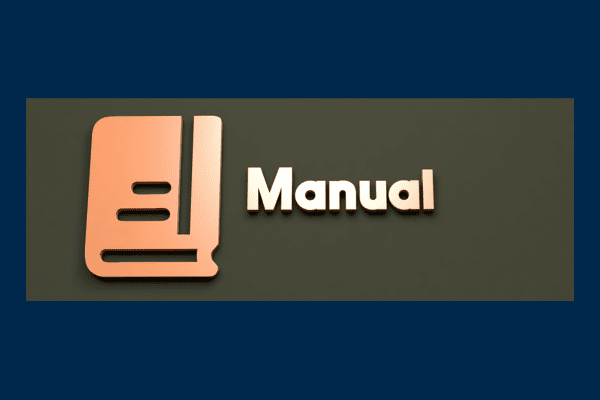
Operations Manual (OM)

Authorization Agreement Process
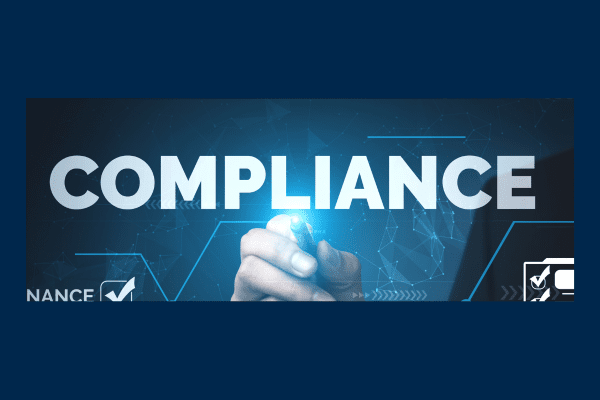
Office of Research Compliance Review (ORCR)
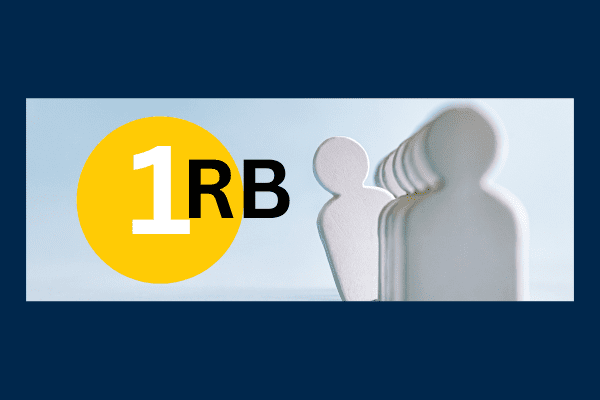
Single IRB-of Record Process (SIRB)

Certificate of Confidentiality Process

HRPP Education Resources

Information for the Public
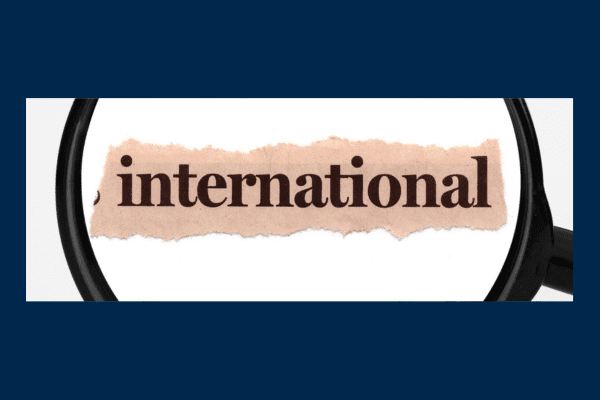
International Research

IRB HEALTH SCIENCES AND BEHAVIORAL SCIENCES (HSBS)
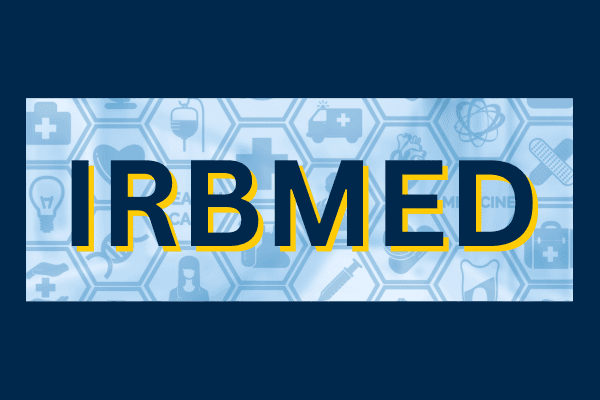
IRBMED
Questions?
To ask a question, express concerns, or provide suggestions about human research protections at U-M, please send a message to [email protected].
Contact information for the Research Review Units can be found on their respective websites. For UMHS Clinical Engineering services or consultation regarding the use (e.g., selection, safety, maintenance) of investigational devices in human subjects research, call 734-615-3502.
